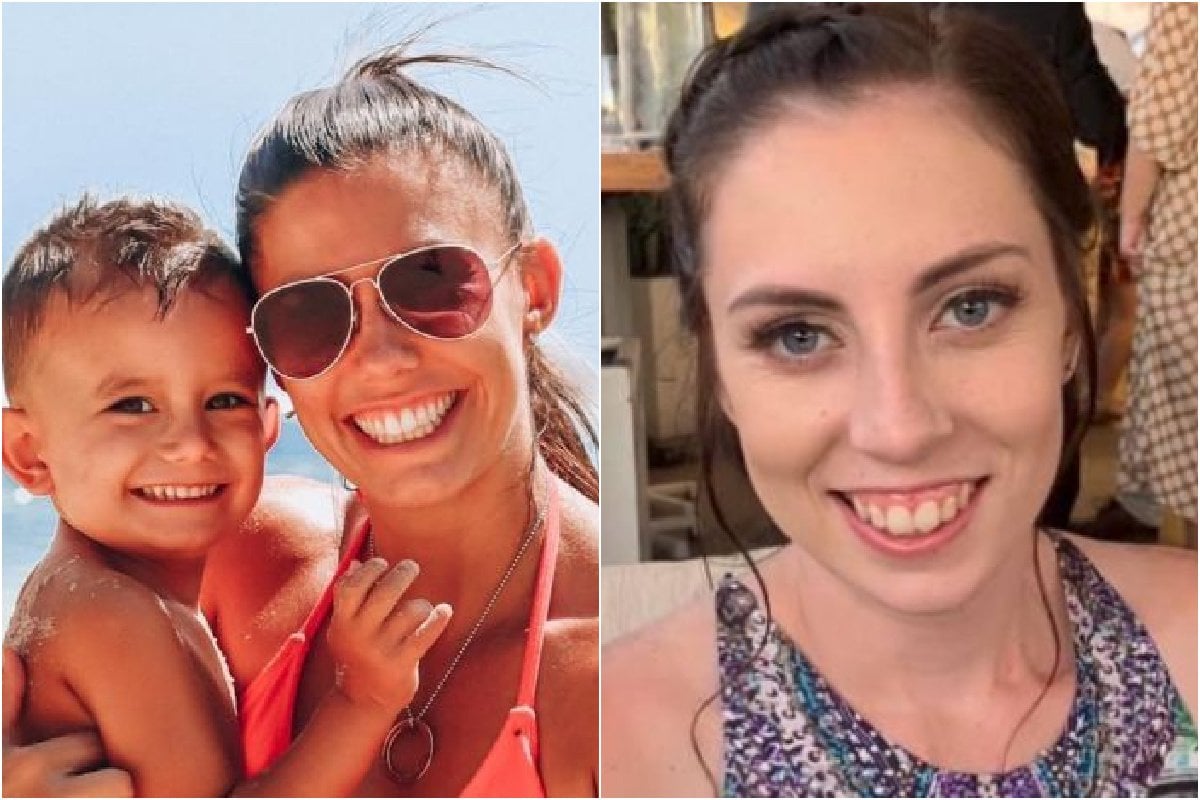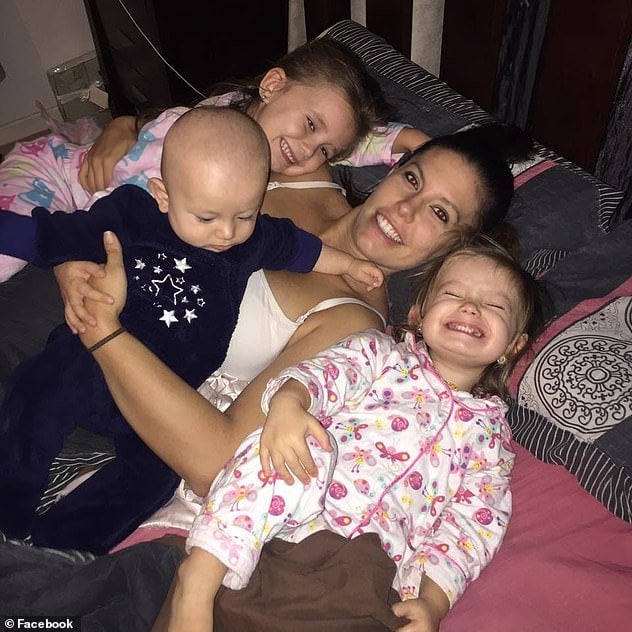
This post deals with violence and might be triggering for some readers.
427 days ago Australia watched on horrified as reports of a family being burnt to death in a car fire in Queensland started making news.
We would soon find out that a mother and her three children were inside that vehicle on their way to school, when their father her estranged partner - doused them in petrol and set them all alight, before doing the same to himself.
The deaths of Hannah Clarke, and her three children, Aaliyah, Laianah and Trey in February 2020 shocked the country. The brutality and pure evil of the crime burnt into the Australian consciousness to this day as a reminder of just how urgent the issue of violence against women and children remains.
 Hannah and her children were murdered in 2020 by their father and her estranged father.
Hannah and her children were murdered in 2020 by their father and her estranged father.The horror, and reality, of Hannah's story spurred on a push for real change. There were a cluster of factors that put her at risk in the weeks before her death - coercive control, violence and a recent separation. A combination the US National Center for Injury Prevention and Control says puts women at a 900 per cent increased risk of murder.

Top Comments